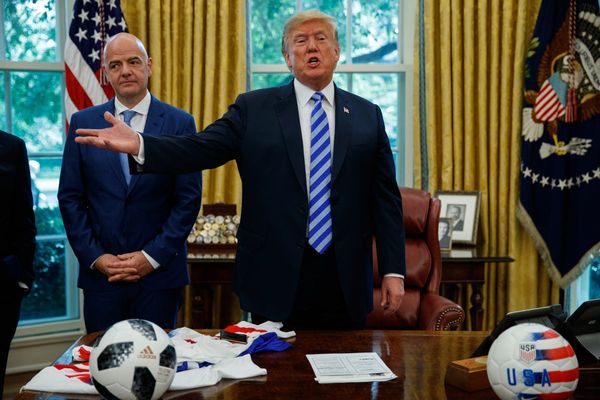The Consumer Finance Protection Bureau was structured to give its director independence from the executive branch and Congress. The CFPB Director served a fixed-term, and could only be removed by the President for proper cause. And the CFPB did not have to ask Congress for appropriations. Rather, the Director could request funds from the Federal Reserve that he deemed "reasonably necessary." And if the agency has a budget surplus, it could maintain and even invest those funds. From its inception, the CFPB was a separation of powers abomination.
Yet, despite the best efforts of regulated parties, the CFPB has survived to this day. Seila Law v. CFPB (2020) found the for-cause protection to be unconstitutional, but saved the agency by making the director removable at will. However, CFPB v. CFSAA (2024) upheld the funding scheme. As a result, Congress has not actually appropriated a penny for the CFPB. This sort of independence made sense when the director sought to maximize the agency's effectiveness. But this independence will have a very different effect with a director who seeks to defenestrate the agency.
Ross Vought, the acting director of the CFPB, announced that the agency will take no further money from the Federal Reserve.
Pursuant to the Consumer Financial Protection Act, I have notified the Federal Reserve that CFPB will not be taking its next draw of unappropriated funding because it is not "reasonably necessary" to carry out its duties. The Bureau's current balance of $711.6 million is in fact…
— Russ Vought (@russvought) February 9, 2025
Instead, Vought will rely on the $700+ million budget surplus. If he even uses that money. Vought has effectively shut down operations and told workers to stay home. However, I don't think anything would stop Vought from transferring that amount back to the federal reserve.
What happens going forward? Vought can starve the agency of funding if he deems the money not "reasonably necessary." And Congress can't do a damn thing about it. I don't even know if there is some mechanism by which Congress could force the agency to take appropriated funds. I'm sure some D.C. Circuit panel could try to force Vought to request funding from the Federal Reserve. But that would be a striking and novel interference with executive power. Again, if the CFPB was a normal agency, the failure to spend money would raise impoundment concerns. But the CFPB was made above the appropriation power.
Elizabeth Warren and her colleagues sought to create an agency insulated from the President and Congress. That strategy may have made sense with Barack Obama in office and Mitt Romney on the horizon. But this approach is quite different with President Trump.
The post The Flip-Side to <i>CFPB v. CFSAA</i>: What if the Director Requests $0 in appropriations? appeared first on Reason.com.







